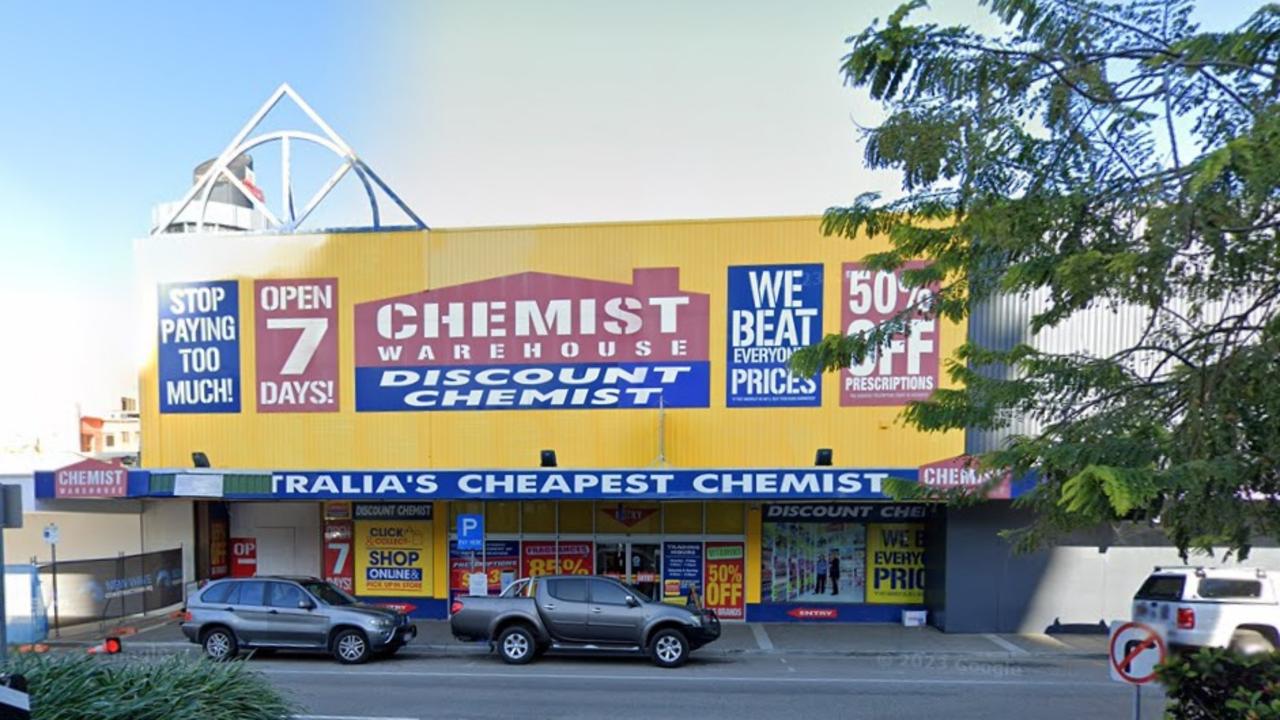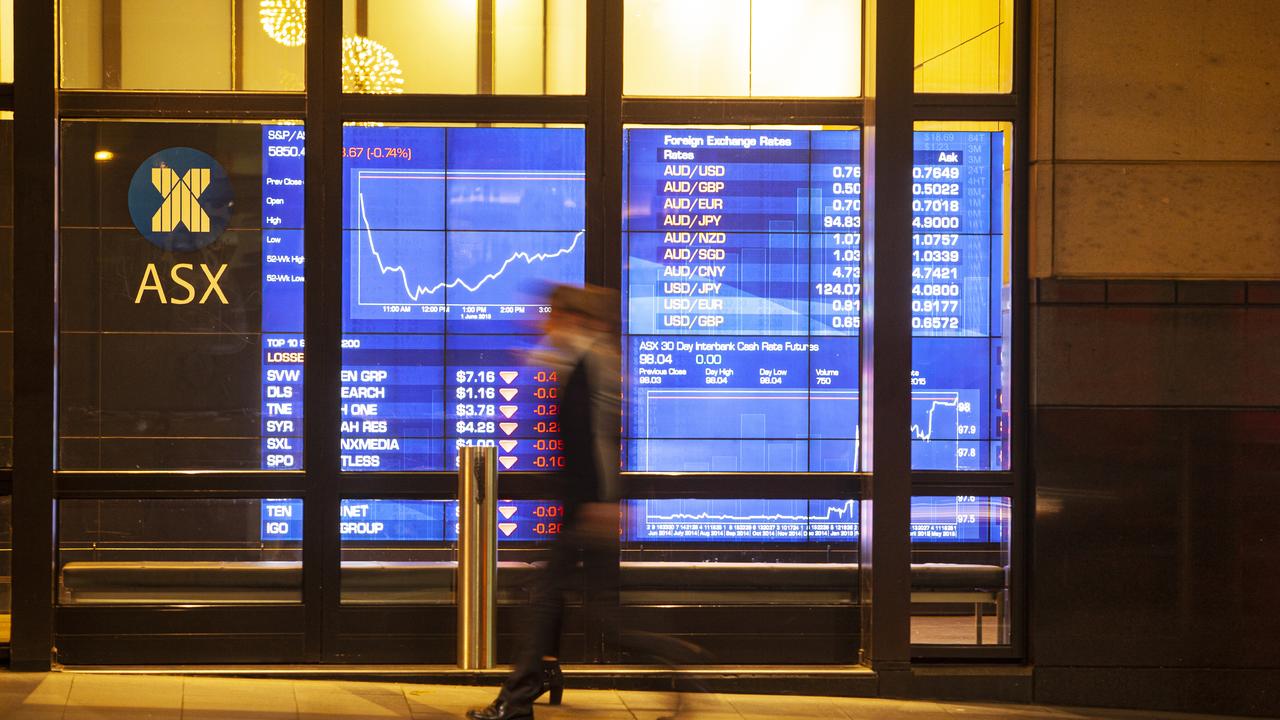China’s DeepSeek AI model and US trade policy in focus amid big week for markets
A big week ahead for markets is overlaid with concern about the potential impact on the tech sector of China’s DeepSeek AI model and lingering uncertainty about US trade policy.
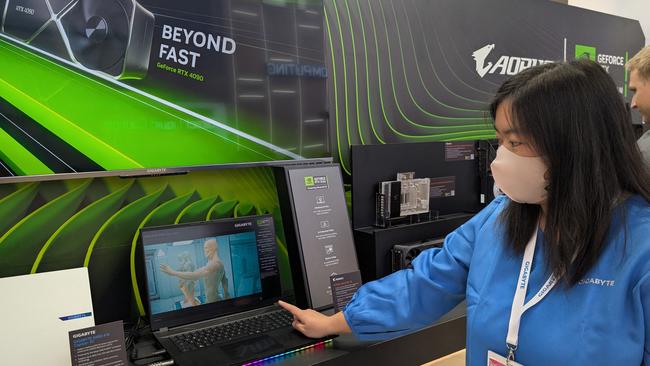
Business
Don't miss out on the headlines from Business. Followed categories will be added to My News.
Markets face a volatile week and potentially sharp falls in US tech stocks amid the rise of DeepSeek.
The eponymous AI assistant app from a Chinese start-up shot to the top of Apple’s iPhone download charts, sparking massive falls in US stock index futures.
In a taste of what may be to come, S&P 500 futures fell 1 per cent in Asia-Pacific trading.
The Nasdaq 100 index plunged 2 per cent as investors grappled with the implications of the new low-cost AI model for the US tech sector, as well as lingering uncertainty about US trade policy.
Sunday’s news that the US would impose 25 per cent tariffs on imports from Colombia, after it initially blocked flights of deported Columbians, initially contributed to the risk aversion.
However, DeepSeek is by far the bigger concern for the US stockmarket.
The Australian dollar fell as much as 0.5 per cent to US62.83c.
Brent crude oil futures fell as much as 1.2 per cent to $US77.50 a barrel.
Even after Colombia subsequently decided to accept Trump’s terms, US stocks stayed risk-averse.
It comes at a crucial time for markets. Last week the S&P 500 set its first record high for the year after Donald Trump didn’t immediately announce tariffs. Australia’s S&P/ASX 200 wasn’t far from record highs. Markets in the UK and Germany have soared to record highs despite weak economic growth.
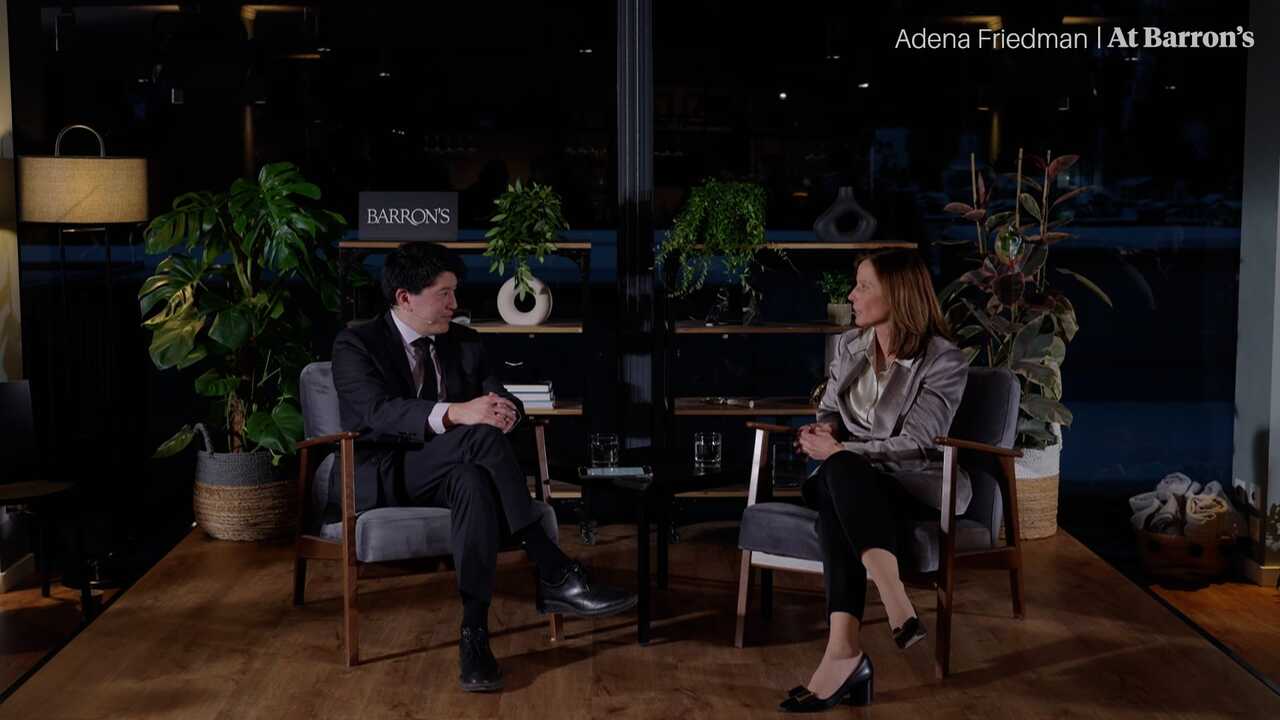
A 1 per cent fall in the S&P 500 on Monday would signal that its record high last week was a “false break” of its previous record high on the chart near 6100 points.
“In this high-stakes backdrop, the US tech sector finds itself under multiple microscopes, magnified by shockwaves emanating from a Chinese AI start-up, DeepSeek,” said Stephen Innes, managing partner at SPI Asset Management.
“This burgeoning enterprise has unveiled a free, open-source AI model, boldly claiming parity with heavyweights like ChatGPT — yet achieved at a mere fraction of the cost.”
He warned that DeepSeek could “profoundly disrupt” the US equity market.
“DeepSeek’s innovation could challenge the narrative underpinning US companies’ colossal investments in AI,” Mr Innes said. “It questions the utility of pouring hundreds of billions into the sector when such groundbreaking advancements are realised more economically elsewhere.
“This scenario casts a shadow of uncertainty over American tech giants, potentially recalibrating market dynamics and investor perceptions in a sector already scrutinised for its sky-high valuations and strategic vulnerabilities.”
Nvidia is in the spotlight after its shares soared 171 per cent last year, giving it a $US3.5 trillion ($5.6 trillion) market capitalisation, thanks to insatiable demand for its advanced AI capable chips.
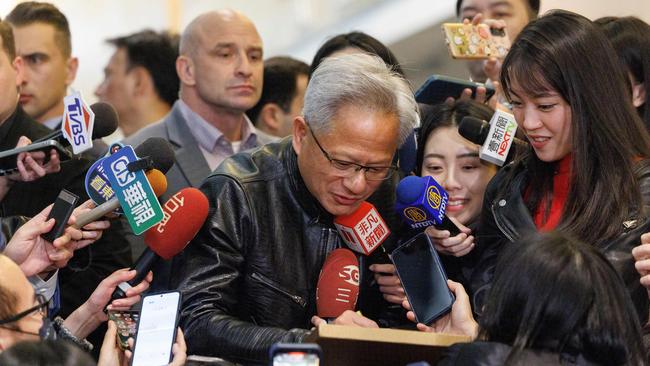
No doubt markets will also be extremely interested in reports from Microsoft, Meta, Tesla and Apple this week, and anything they have to say about DeepSeek.
It comes as many markets have priced in strong economic and corporate earnings outlooks, particularly when it comes to the US and the Magnificent 7 tech stocks.
Mag 7 got a boost last week from Mr Trump’s $US500bn ($800bn) “Stargate” AI spending plan.
Investors will also keep a close eye on what Fed chair Jerome Powell says about the interest rate outlook but an overall neutral message is likely amid uncertainty about Mr Trump’s policies.
Last week Mr Trump said he will ask Saudi Arabia and other OPEC nations to “bring down the cost of oil” and that “with oil prices going down, I’ll demand that interest rates drop immediately”.
Crucial US December quarter GDP and PCE inflation data are due on Friday and will be assessed compared to the “Goldilocks” impression left by the December non-farm payrolls report.
Having slashed the Fed funds rate target range by 1 percentage point to 4.25-4.50 per cent since September, the Fed is expected to pause for some months as officials assess Mr Trump’s policies.
Meanwhile, Australia’s December CPI data on Wednesday will either make or break the case for the RBA to cut rates at its meeting next month.
On Monday, Betashares chief economist David Bassanese revised down his inflation forecast and joined the minority of economists expecting the Reserve Bank to cut rates next month.
“As it stands, the RBA’s November forecast was that annual trimmed mean inflation would drop from 3.5 per cent in the September quarter to only 3.4 per cent in the December quarter – a glacial decline which, in my opinion, would leave the RBA unlikely to cut interest rates next month,” Mr Bassanese said.
“That said, the lower-than-expected monthly trimmed mean inflation result for November and a recent softening in house prices has raised the tantalising prospect that the December quarter result could materially undershoot the RBA’s forecast.
“On the basis that trimmed mean inflation would drop to 3.4 per cent in the December quarter, my expectation has been that the RBA would leave rates steady next month.
“However, I now see a material risk that trimmed mean inflation could surprise on the downside, with my updated expectation that it will now drop to 3.2 per cent.”
Economists mostly expect the annual trimmed mean CPI to fall to 3.3 per cent according to Bloomberg. Only 40 per cent of economists surveyed expect a rate cut next month.
Moreover, 60 per cent expect the RBA to delay at least until May. But financial markets pricing implied an 80 per cent chance of the RBA cutting rates after its meeting on ends on February 18th.
More Coverage
Originally published as China’s DeepSeek AI model and US trade policy in focus amid big week for markets




